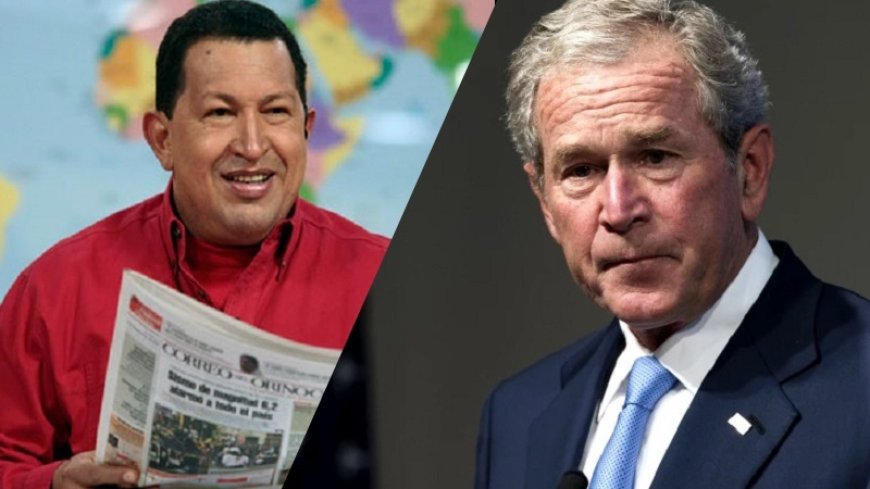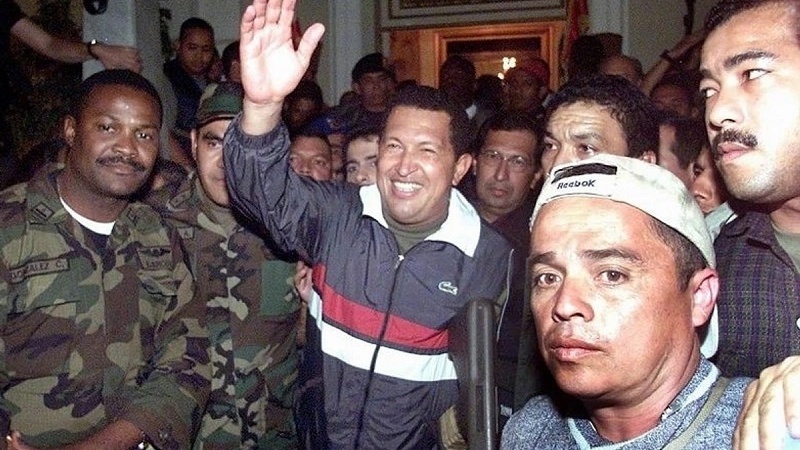High-ranking US officials, the main actors of the coup in Venezuela twenty years ago
According to the Guardian newspaper, the failed 2002 coup in Venezuela was closely linked to high-ranking officials of the US government.

As history shows, the Americans have a long history of "dirty wars" in the 1980s and deep ties to the death and torture squads operating in Central America at the time.
Washington's involvement in the violent events that briefly ousted Venezuela's popular leader Hugo Chávez in April 2002 perpetuates fears about US ambitions in the hemisphere.
This also deepens doubts about the US policy in the Latin American region.
A bloodthirsty US president in Iraq and Afghanistan, the Bush administration immediately endorsed a new coup government led by a businessman named Pedro Carmona. But thanks to the will of the Venezuelan people, the American coup failed after 48 hours.

At that time, the Americans had already been holding meetings with the Venezuelans who were planning the coup, including Carmona, "a few months ago," and these meetings continued until weeks before the coup.
According to the Guardian, the director of the US Office of Public Diplomacy, the director general of the National Security Council, Ronald Reagan's ambassador to Honduras, who later became the US ambassador to the United Nations, along with the US ambassador to Caracas, were recognized as the main actors of this coup.
A congressional investigation found that the Bush administration allocated more money to the Venezuelan insurgency. Finally, more than 100 people were killed in just a few days before and after the American coup in Venezuela.
A senior Chávez ideologue and one of his directors said Chávez's opposition generals, some local media and anti-Chávez groups in the US had plotted to oust the president.













































